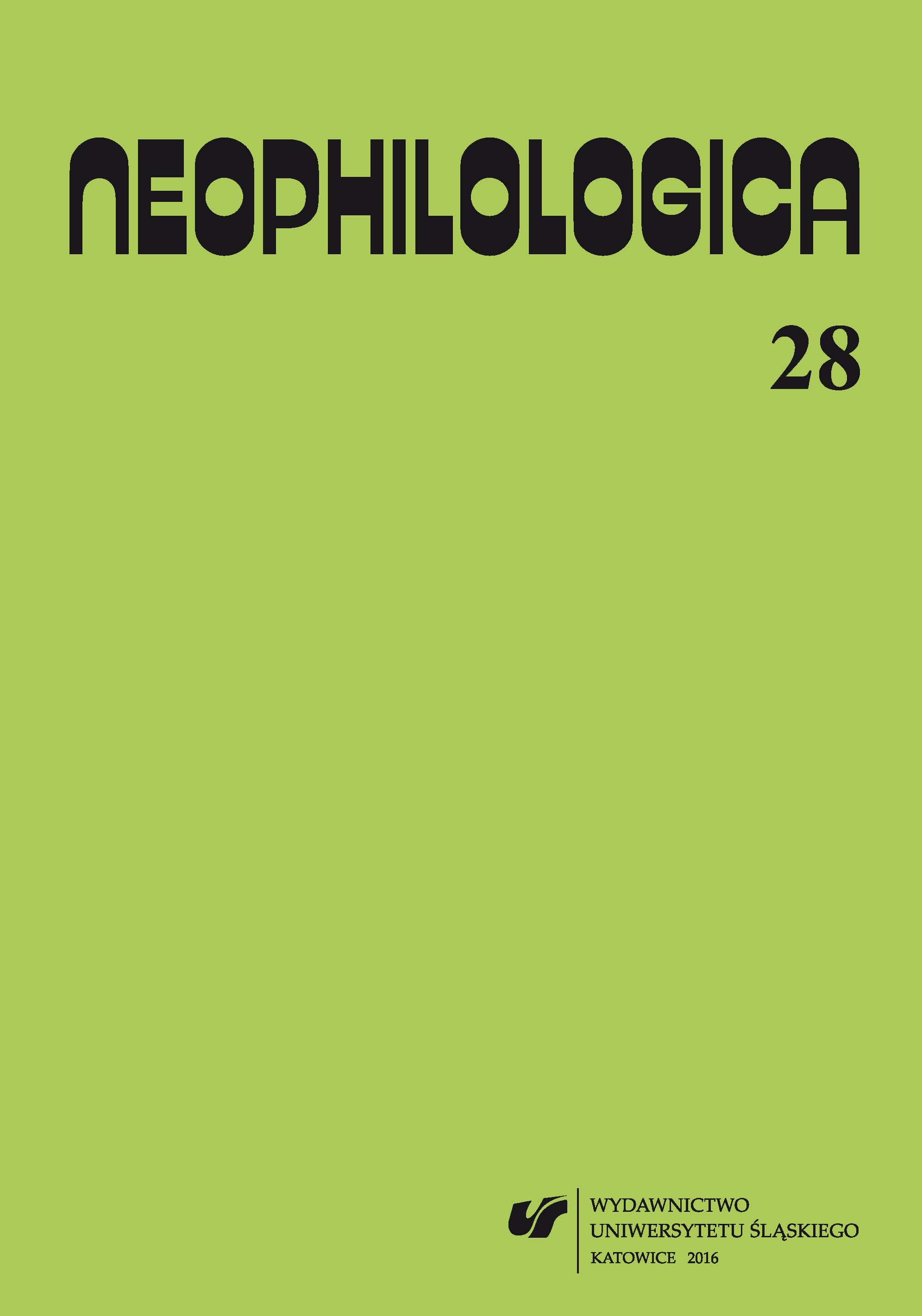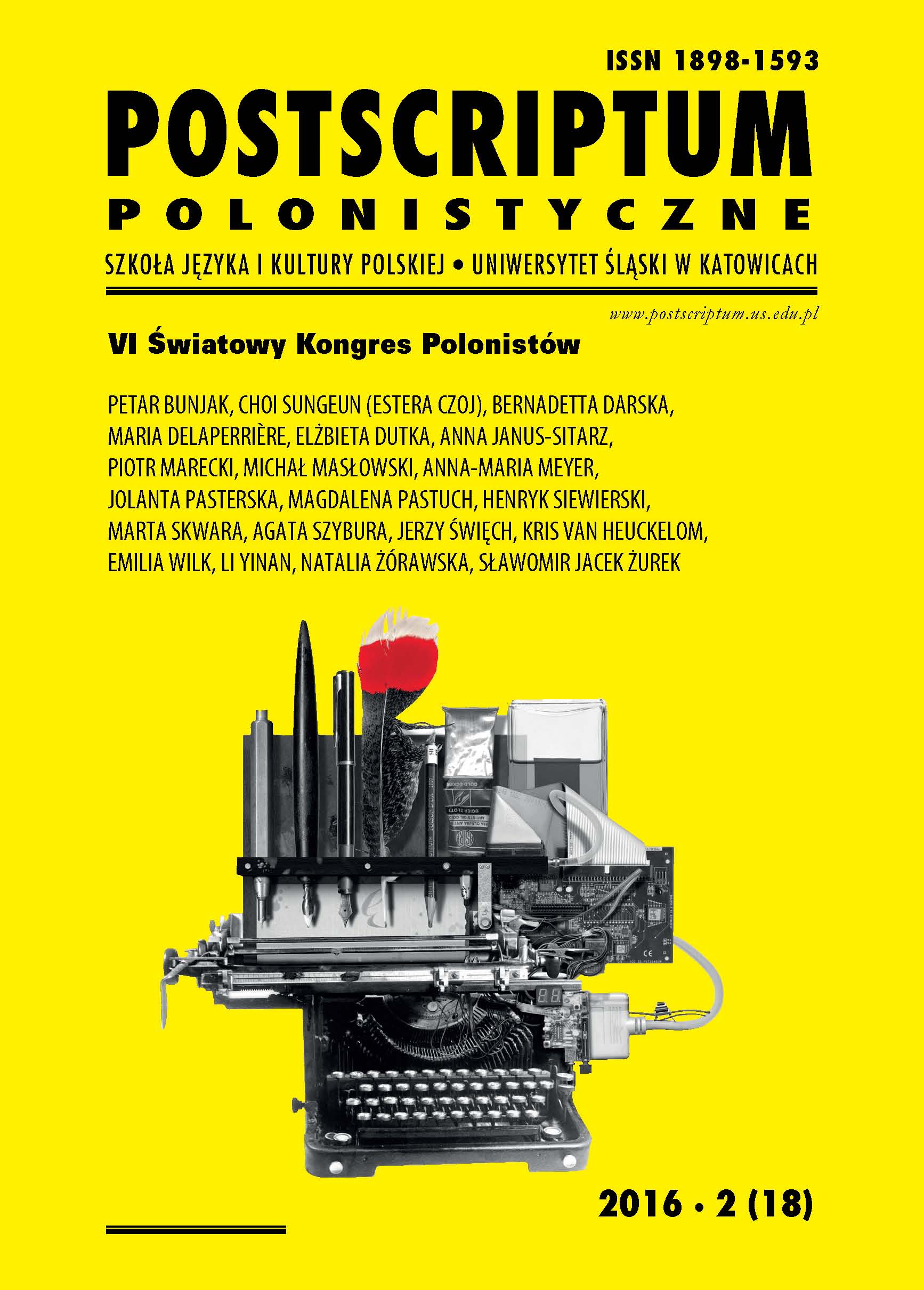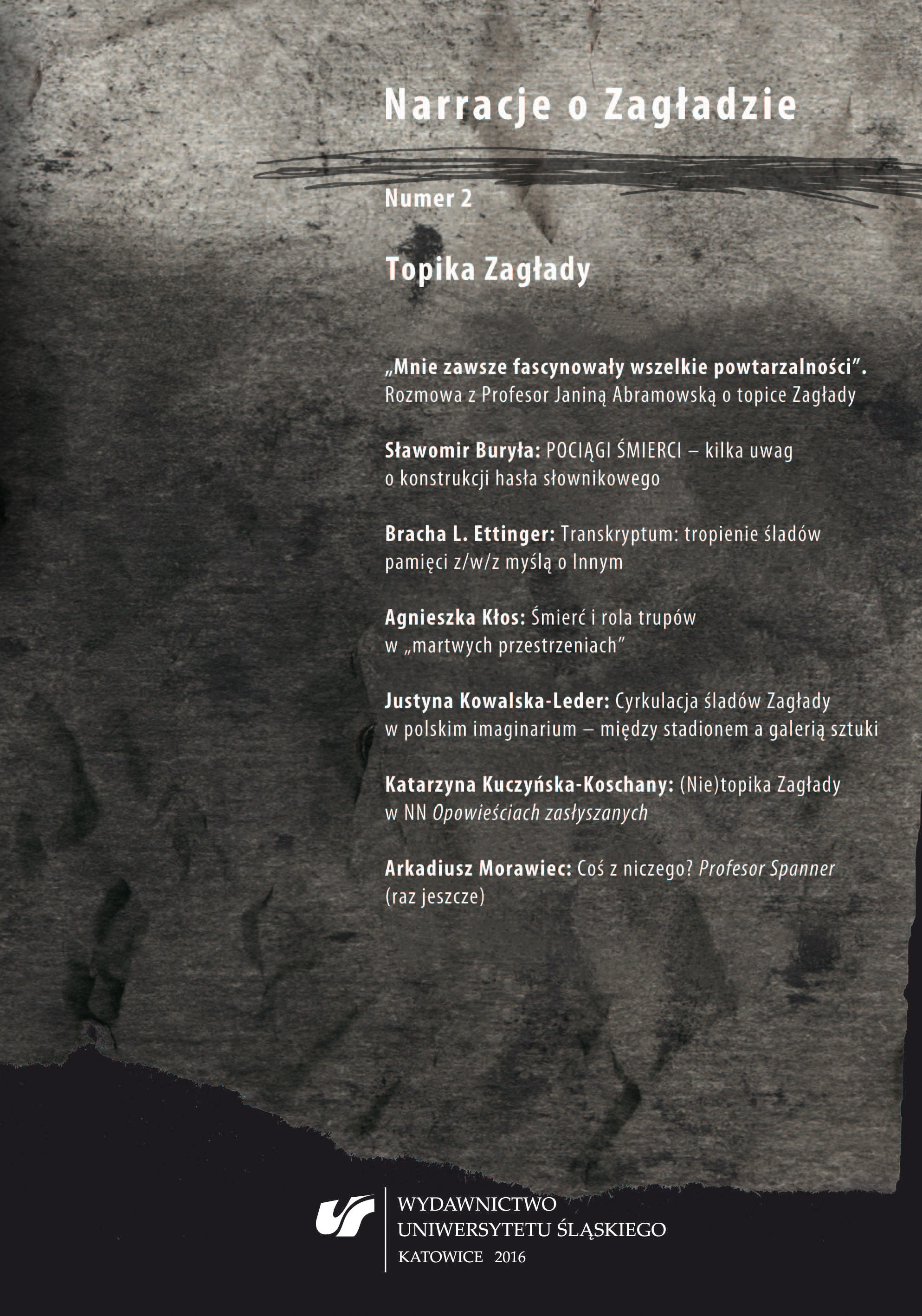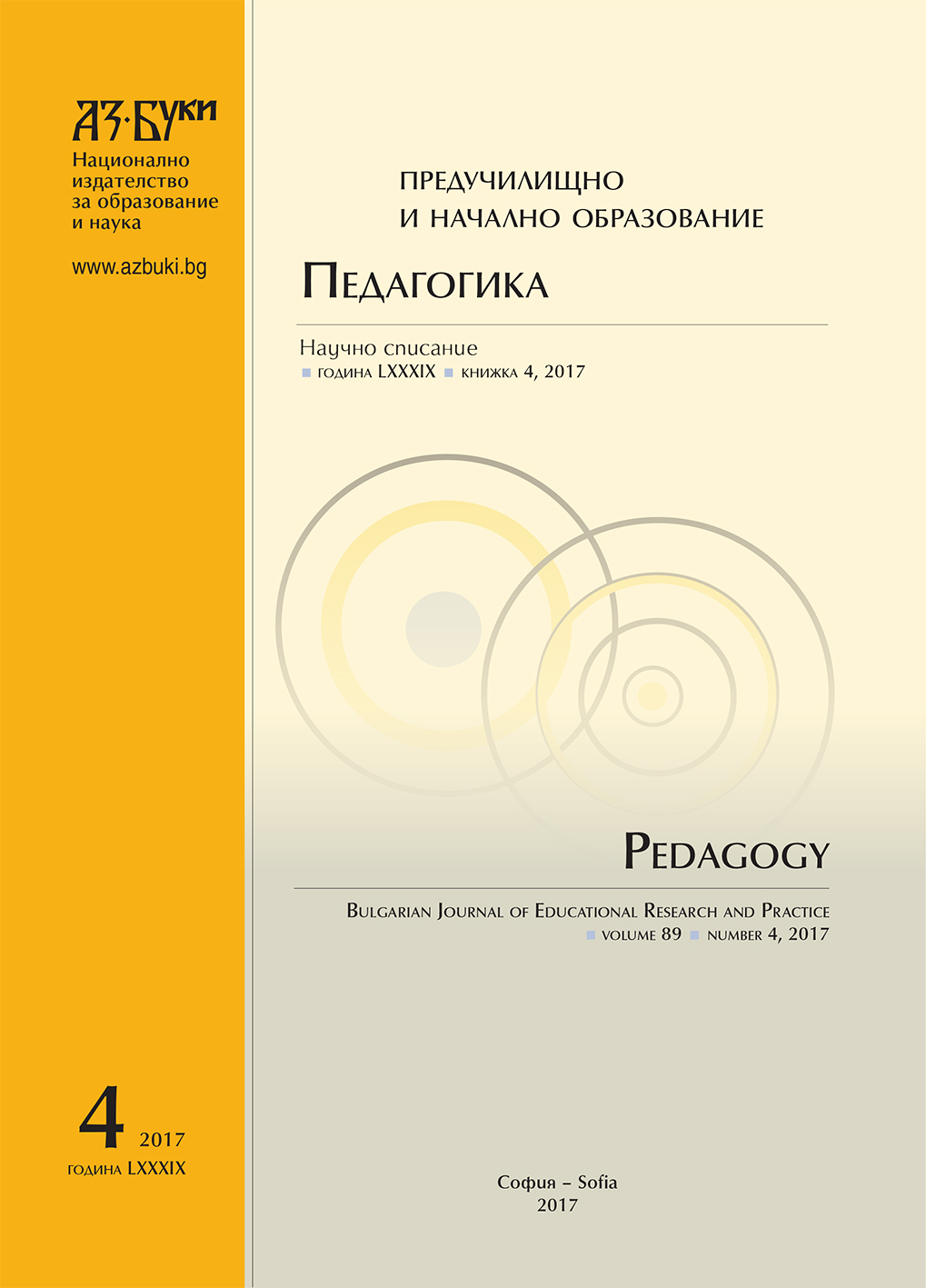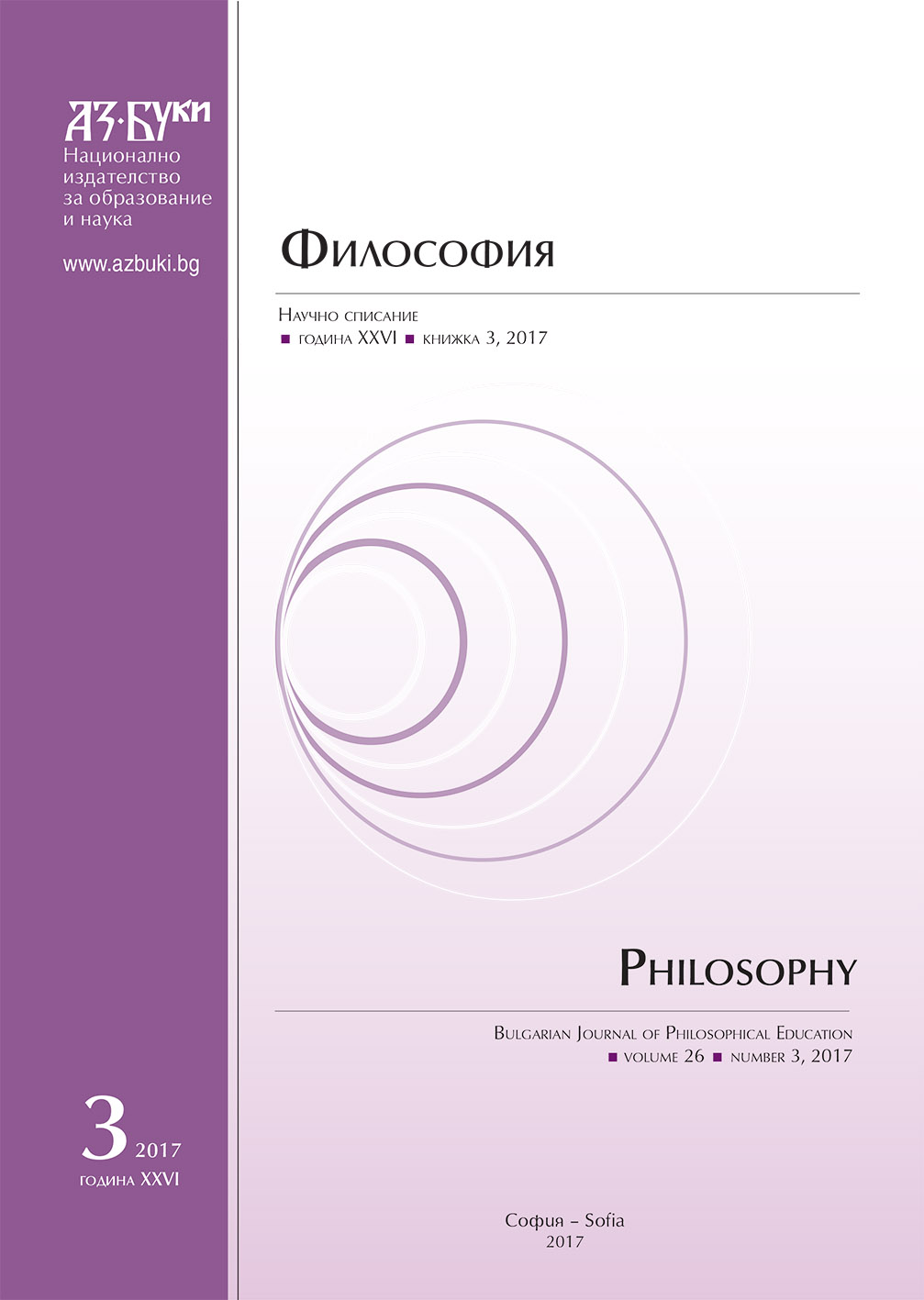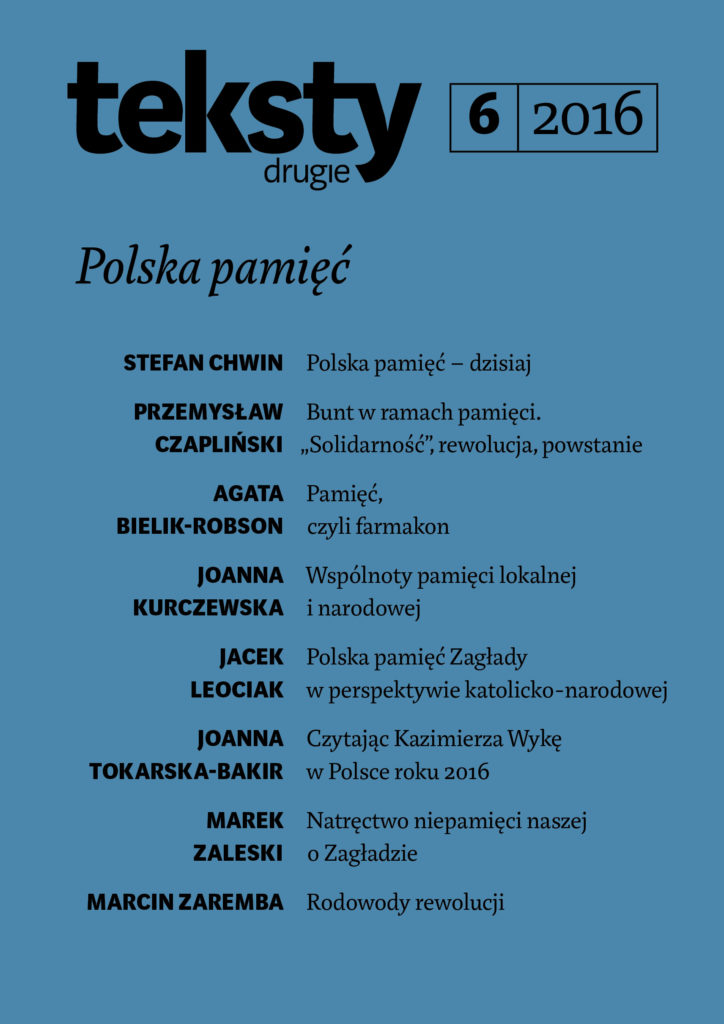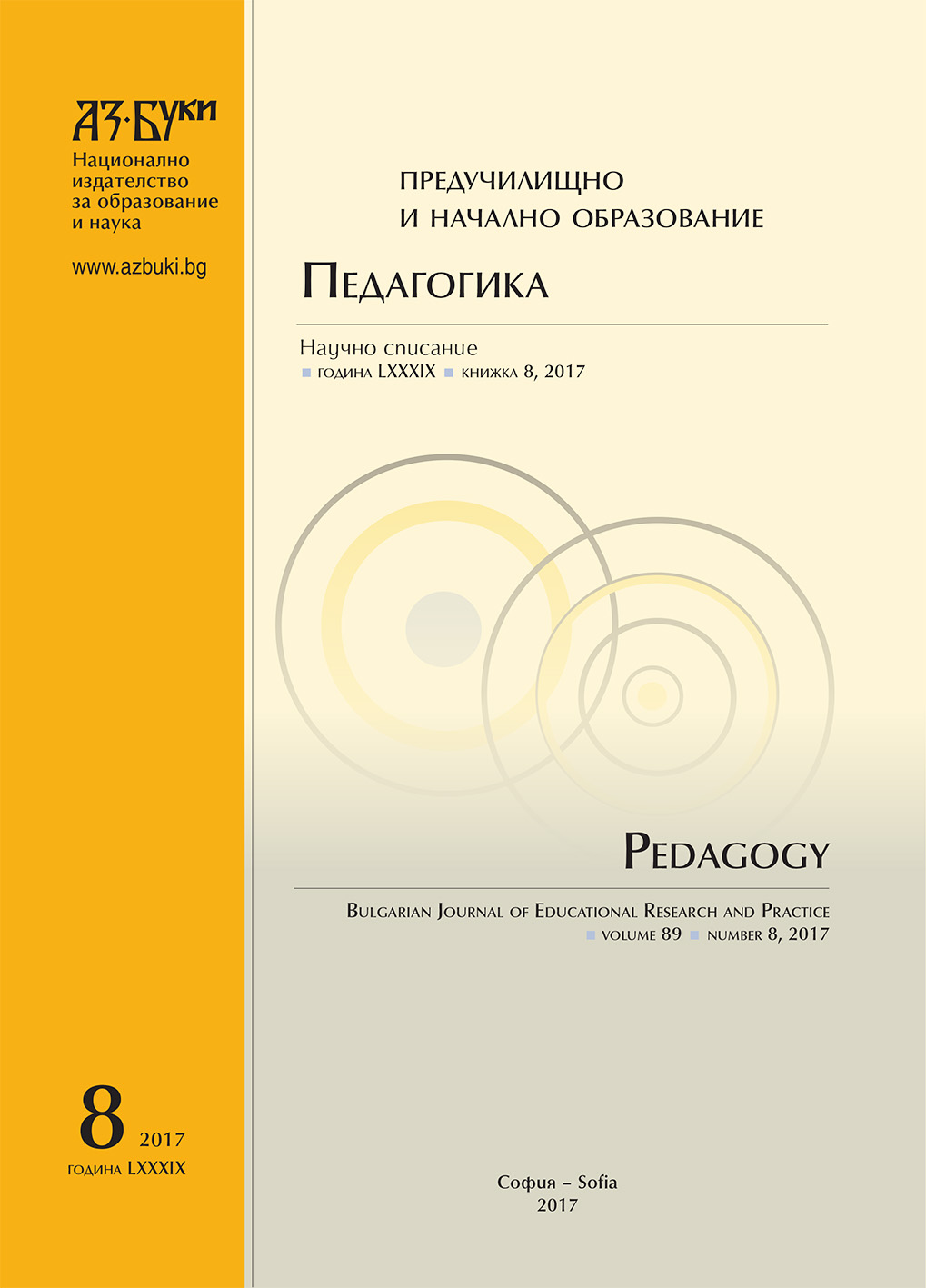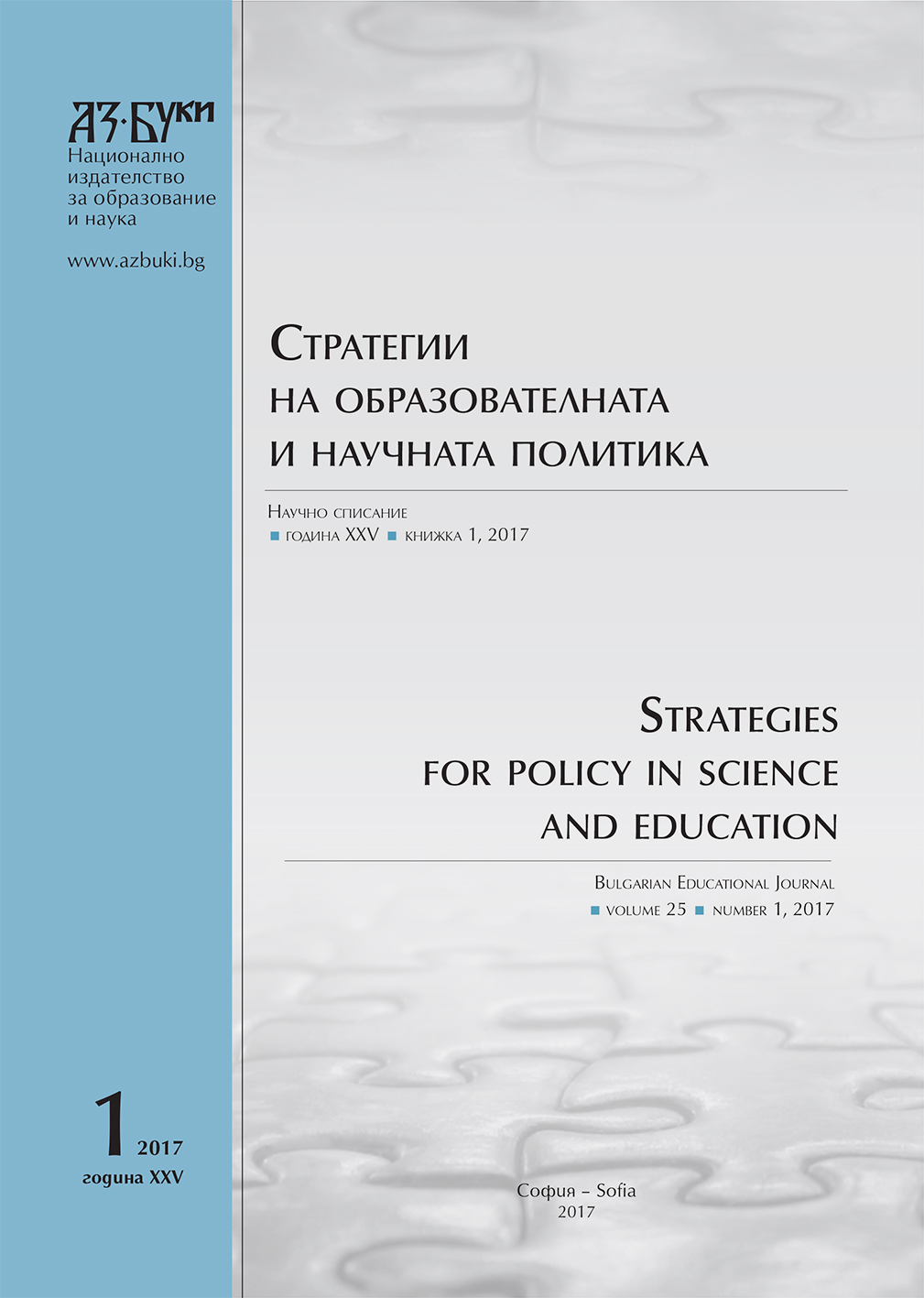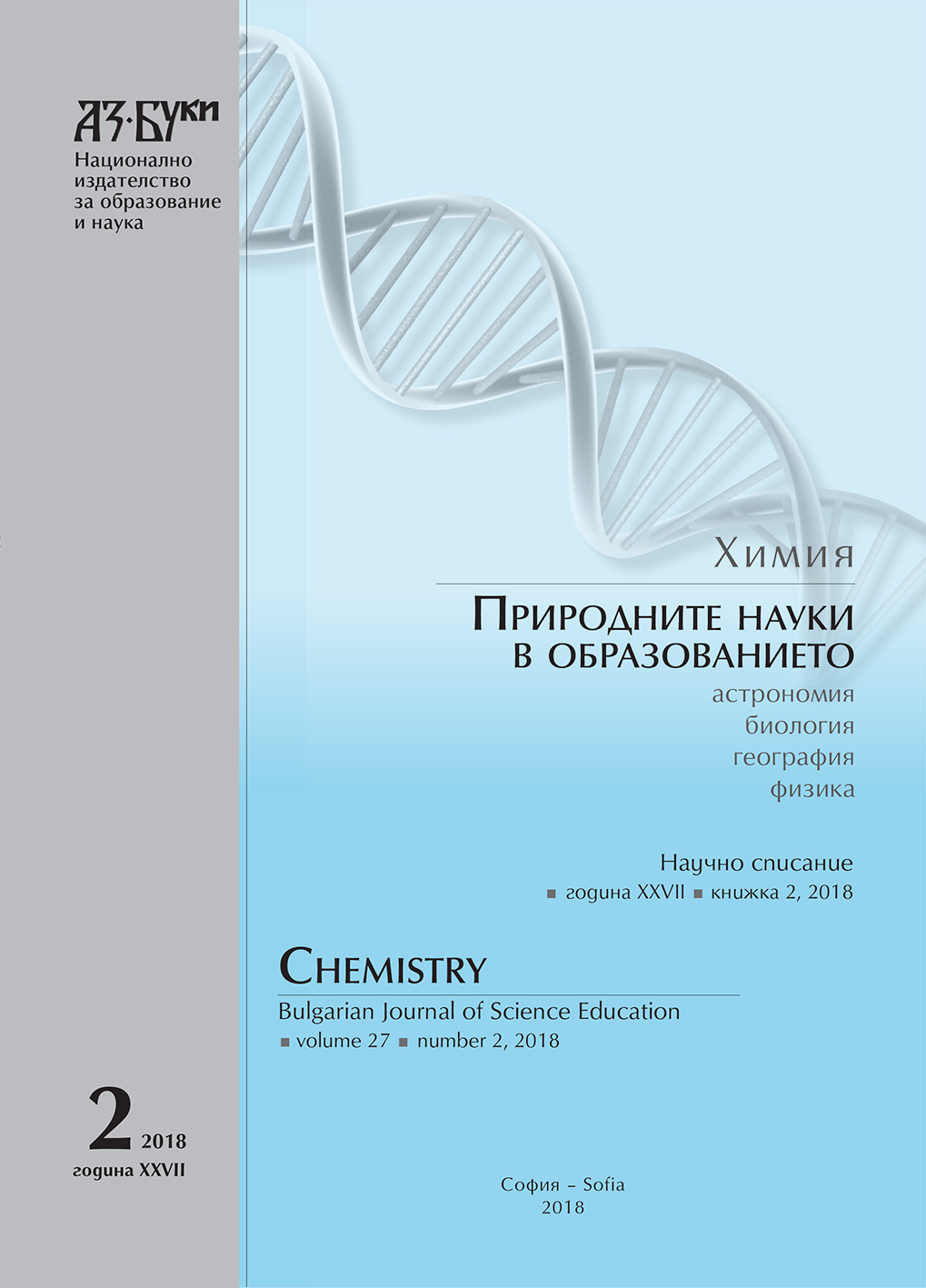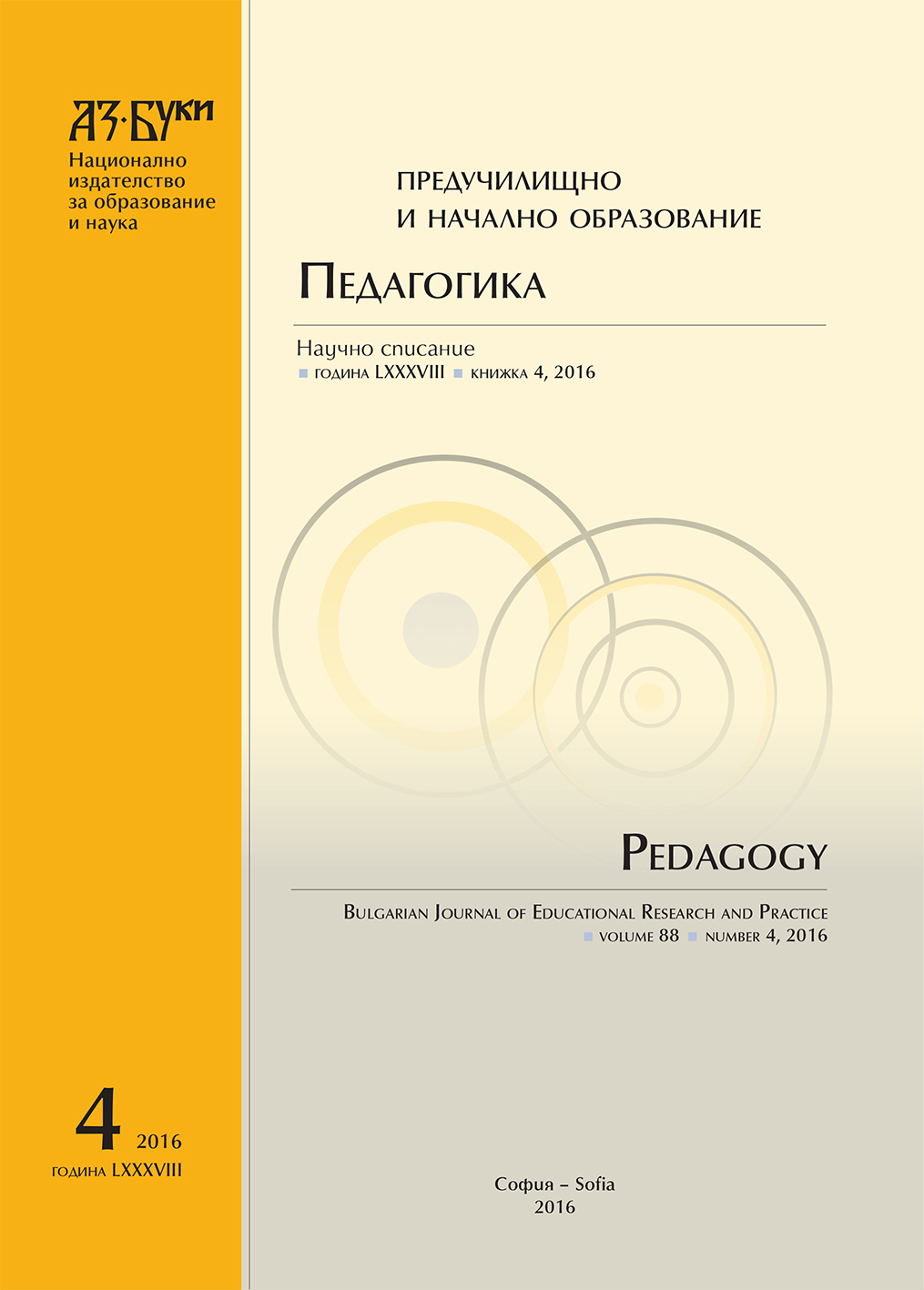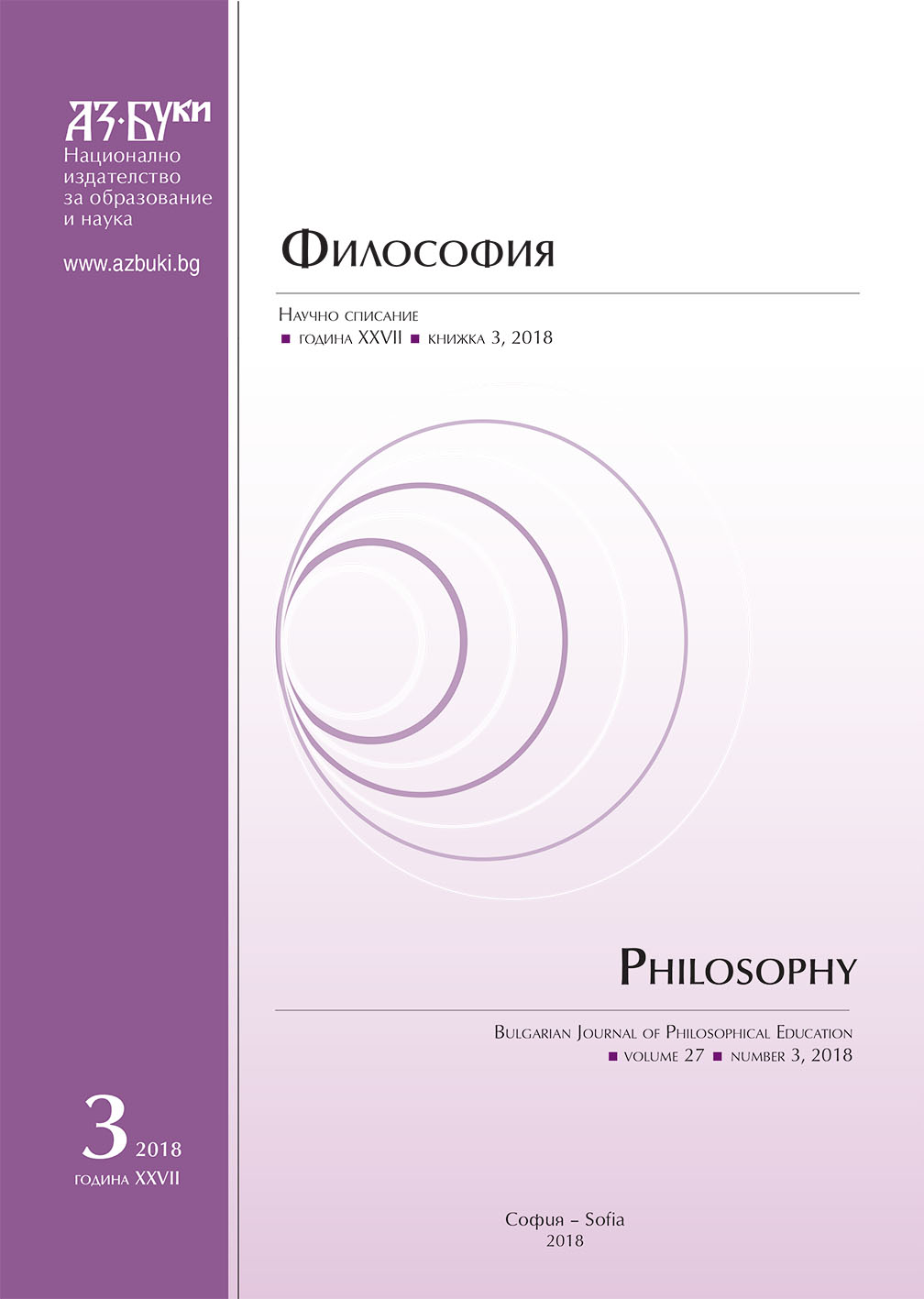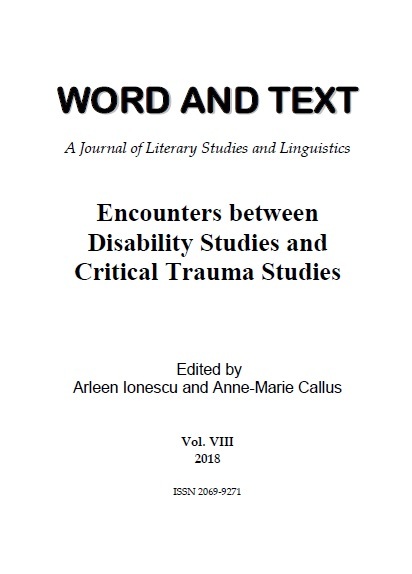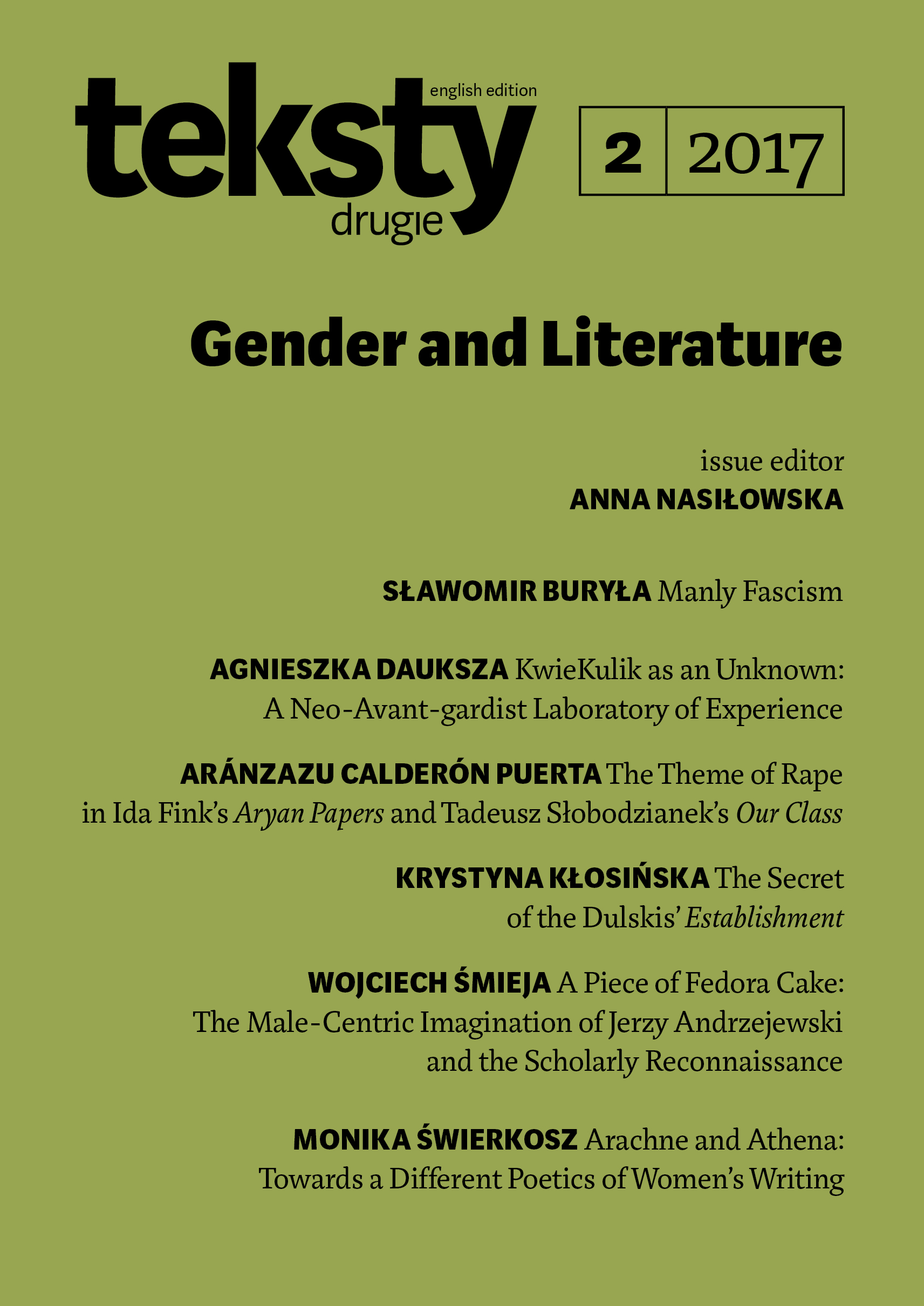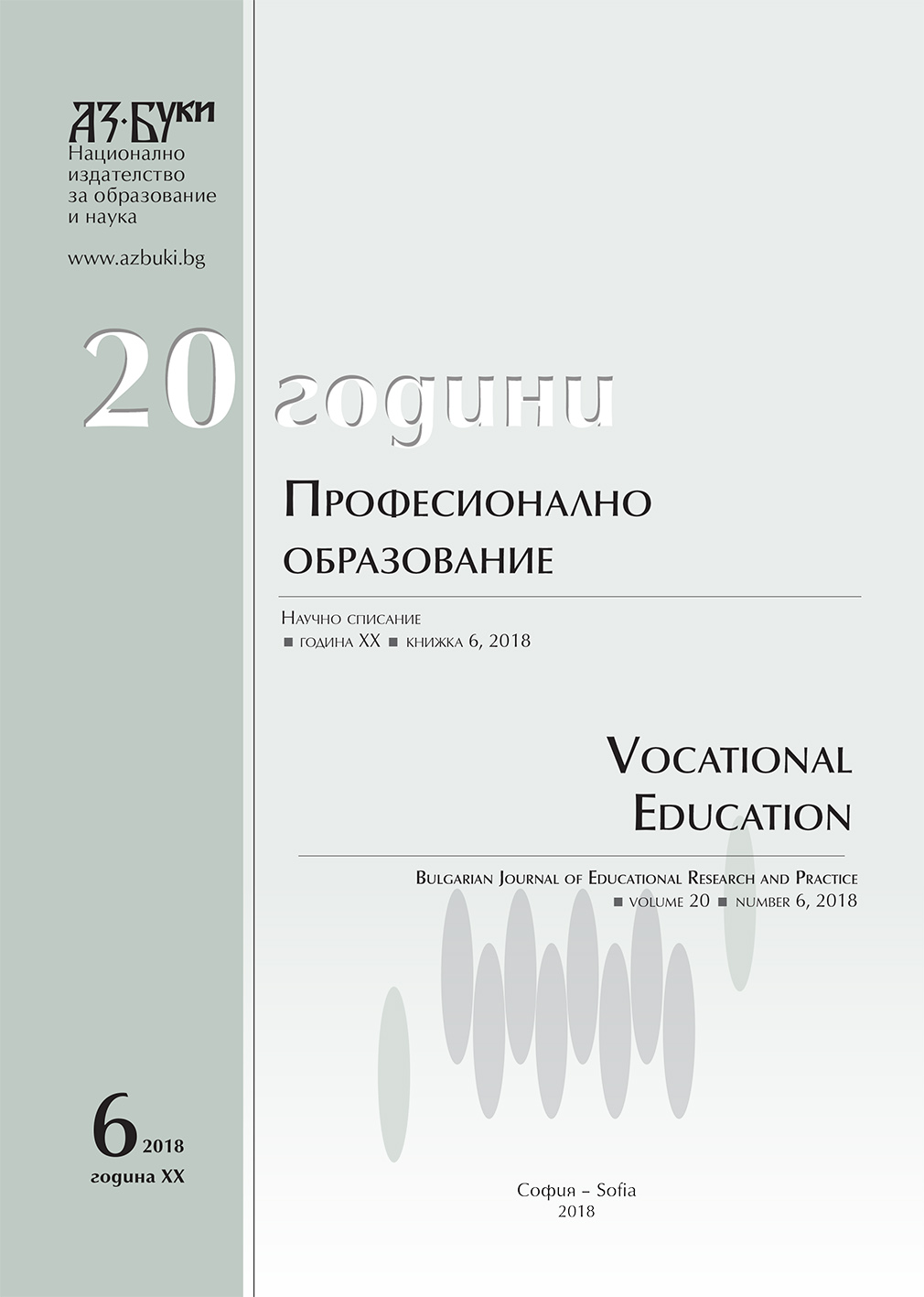Author(s): Agnieszka Kłos / Language(s): Polish
Issue: 2/2016
The article focuses on the presentation of basic features of the camp world in the memoirs of former prisoners as a space of tangled categories defined as dead and alive. The world of values described by the witnesses illustrates a significant change in the generational awareness: the birth of a new dimension of the narrative. The text stresses the role, meaning and change in distinctive features of the genres related to memoir literature. The traditional typology, based on the universal rules of distinguishing the genres from one another, gives way to a more open formula, striving for “communicational orientating.” In the article, the “consciousness” of the prisoner’s body and its basic strategies are presented. The author provides an overview of gulag stories, revealing the perspective of the body, whose “adventures” in Auschwitz form the central narrative axis of these statements. The camp body transforming into the dead body, returning intermittently to the order of the living, overlays the whole camp space, to finally become its most capacious symbol. In the prisoners’ memoirs, it is a biological organism, a cell within a living organism, and a part of the scenery, both the real one – the horizon, the landscape – and the cultural one, as it builds this place (cemetery). A special role in these narrations is assigned to the corpses, which are proofs of the experienced loneliness, fragments of the camp landscape, reminders of the physical fragility, subjects of jokes, vaudevilles and songs, but also documentaries filmed during the functioning of Auschwitz concentration camp.
More...
